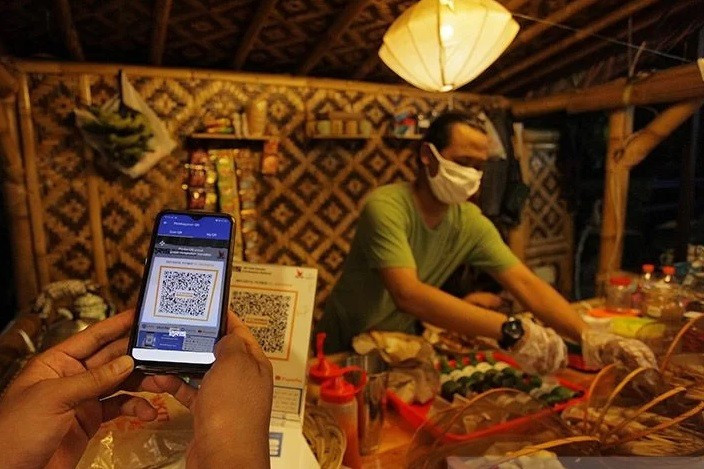Popular Reads
Top Results
Can't find what you're looking for?
View all search resultsPopular Reads
Top Results
Can't find what you're looking for?
View all search resultsHow Indonesia’s ‘kader’ are cutting childhood stunting
With the right support, community health workers can help Indonesia turn the tide on stunting and set an example for the world.
Change text size
Gift Premium Articles
to Anyone
T
he latest data on childhood stunting in Indonesia might not seem like a cause for celebration at first glance. But look a little closer, and you will find remarkable progress in places like East Nusa Tenggara (NTT).
In a country still struggling with stubbornly high rates of stunting, a condition that robs children of height, cognitive potential and lifelong health, NTT stands out as a beacon of what is possible.
Consider the numbers: In Rote Ndao, stunting rates dropped from 40.1 percent in 2021 to 32.4 percent in 2024, a reduction of 19.2 percentage points. In West Manggarai, the decline was even more dramatic: from 57.6 percent in 2019 to just 31.2 percent in 2024. Across five years of targeted interventions, the overall stunting rate in NTT fell by almost 50 percent.
These are not just statistics; they represent real children whose futures have been changed for the better.
Indonesia's stunting rate fell to 19.8 percent in 2024, down from 21.5 percent the previous year, according to the Health Ministry's latest National Nutritional Status Survey. However, Indonesia remains among the top-15 countries with the highest stunting prevalence rates in the world despite this improvement,
Stunting, the result of chronic malnutrition during the critical first 1,000 days of life, is a silent epidemic. Its effects, reduced IQ, weakened immune systems and increased vulnerability to illness, are largely irreversible after those early years. For too long, Indonesia’s response has been inadequate, relying on piecemeal solutions and under-resourced systems.
But NTT is showing us a different way. The secret? Community health workers, locally known as kader, who are now being formalized and supported like never before.
These frontline workers do what many of us take for granted: they teach mothers about the importance of multiple micronutrients during pregnancy, the benefits of exclusive breastfeeding, the need for clean water and handwashing and the value of deworming and vitamin A. Most importantly, they monitor children’s growth and provide tailored advice.
Yet, for all their impact, most kader remain untrained, unpaid and unrecognized. Indonesia has 1.5 million kader, but 90 percent lack basic training in growth monitoring. This is not just a missed opportunity, it is a moral failure.
The government’s recent efforts to certify and equip kader are steps in the right direction, but they do not go far enough. If we want kader to perform optimally, we must give them the tools, training and incentives they deserve.
Too often, policymakers default to quick fixes like distributing food or focusing on school meals. But stunting is not just about hunger, it is about a complex web of nutrition, hygiene and health care.
As the kader in Komodo says, after two years of age, “Nasi sudah menjadi bubur” (the rice has already turned to porridge). In other words, by the time children reach school age, the window for preventing stunting has already closed.
The traditional approach, building more clinics and hiring more doctors, has failed to reach the millions of families living in remote areas. Health for all means bringing care to every village, and that is where kader come in. They are the bridge between families and the formal health system, but they are too often neglected, underpaid and unsupported.
The World Health Organization predicts a global shortage of 10 million health workers by 2030. Indonesia already has the workforce it needs, its kader. The problem is not a lack of people; it is a lack of investment and respect.
The government must prioritize kader, providing them with adequate training, supervision and fair compensation. Formalizing their role under the Health Ministry would not only improve outcomes but also relieve pressure on the broader health system.
The governor in NTT is doing it and it is paying dividends.
NTT’s success proves that targeted, evidence-based interventions can make a real difference. But this is just the beginning. To end stunting for good, Indonesia must invest in its kader, not just with words, but with action.
The stakes could not be higher, millions of children’s futures depend on it.
***
The writer is the founder and chief strategist of the 1000 Days Fund, an NGO based in Bali. The views expressed are personal.











